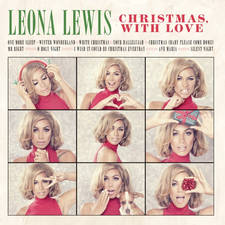How to have a ‘greener’ and more sustainable Christmas - tips to reduce your waste this festive period
27 October 2021, 14:03 | Updated: 27 October 2021, 14:12
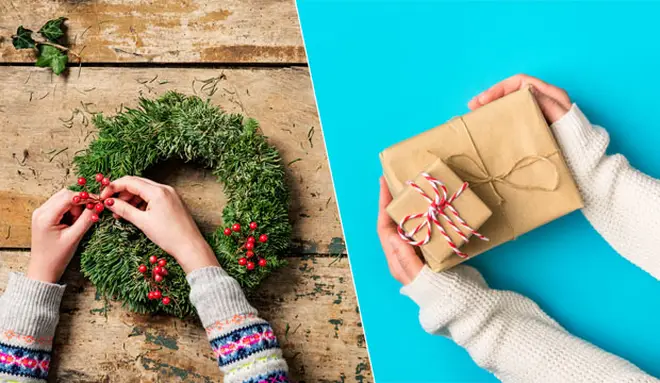
Finding a way to make your Christmas more sustainable can seem tricky, but with just a few simple changes, you and your family can make a difference.
With winter nights creeping in, the festivities are getting into full swing.
But while Christmas is the most wonderful time of the year for most people - with all the alcohol, food and gifts, it’s also one of the most wasteful.
According to waste management company Biffa, the UK creates up to 30% more waste than usual in December.
But with some extra effort, this year you can reduce the environmental impact of the holiday season. Check out our tips for a more sustainable and green Christmas.
- 6 fun activities to help your kids learn about sustainability
- Sustainable clothing UK: The best eco-friendly brands in 2021
- Royal Mint release new 50p Snowman coin just in time for Christmas
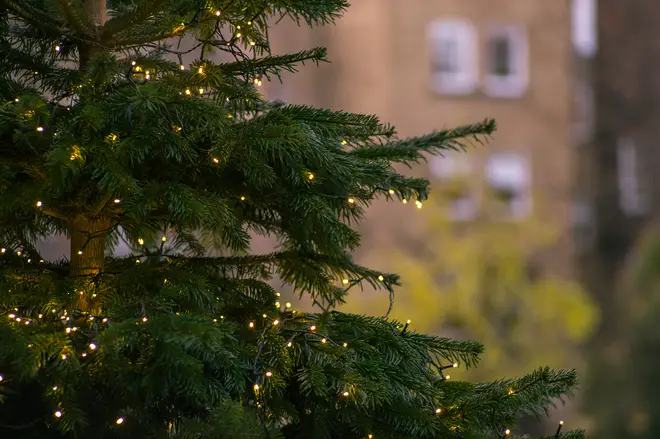
Switch up your lights
You could make a huge difference by using LED lights instead of the traditional incandescent lights.
According to engineering company SEPCO, LED lights are up to 80% more efficient than traditional lighting as they use 95% of the energy for light and only 5% is wasted as heat.
Solar-powered lights outdoors are also a great alternative, and you’ll save on your energy bills.
Choose Christmas decorations wisely
The Christmas decorations which mean the most are always those which have been in the family for years - making them instantly greener.
But if you feel like you want to add to your collection, you can now buy plenty of designs which are made from paper, twine and glass rather than plastic.
Creative types can also make their own bespoke decorations using card, ribbons, and even dried biscuits.
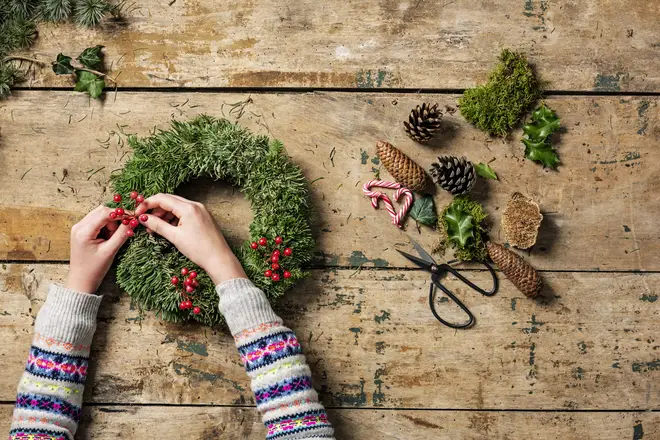
Source a sustainable tree
The staple of most Brits home over the festive period, the humble Christmas tree.
But according to Business Insider, eight million trees are cut down each year for UK households to show off their yearly decorations.
If you’re set on having a real tree, Friends of the Earth advise to look for one that is locally produced, or grown in the UK with a FSC certification to avoid emissions from transporting and importing. Over 400 Christmas Tree growers across the UK are registered with the British Christmas Tree Growers’ Association.
If you want to make sure your tree is certified as organic and pesticide-free, you can also get one which approved by the Soil Association.
When getting rid of your tree in the New Year, look out for a local “Treecycle” schemes where you can responsibly dispose of them.
Unfortunately, most artificial trees are made from plastic and can’t be recycled, but if you already have one it’s worth getting it out every year to save buying a new one.
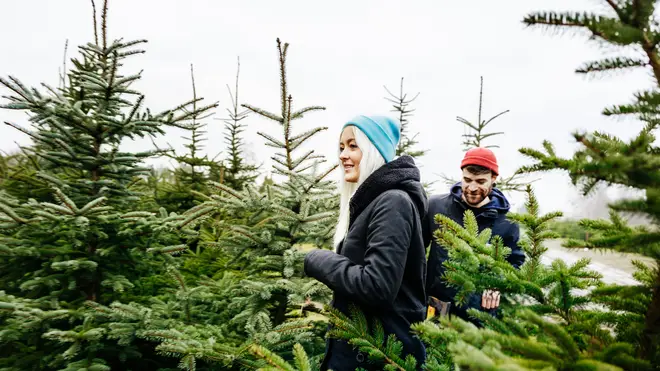
Rethink plastic wrapping paper
According to Business Insider, us Brits use 227,000 tonnes of wrapping paper every single year, with some of this ending up in our oceans.
To combat this, Lifestyle Packaging suggest ‘doing as the Scandinavians do’ and keeping things simple with brown paper and natural ribbon instead of tape.
As well as reaching for recyclable material, you could also have a go at making your own gift wrap.
Alison Vickery, Marketing Director at Buyagift, who's heading up Buyagift's Sustainable Christmas Campaign, said: “All you need are some fabric scissors, pretty printed material, and strips of ribbon to make a delightful, reusable gift wrap.
“Second-hand or offcut fabrics are usually easy to come by (try local charity shops and vintage shops), or you could repurpose old clothes and linens which have been gathering dust in the wardrobe.”
Alison also suggests decorating old shoe boxes and delivery boxes to make into mini treasure chests for kids.
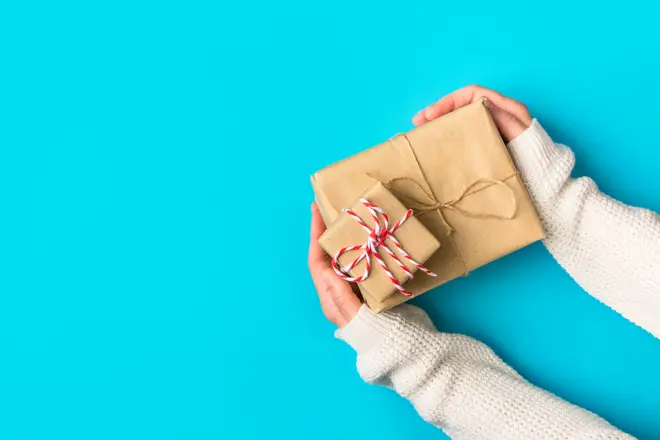
Make your Christmas dinner more 'green'
When it comes to ingredients, Friends of the Earth state the most important tip is to buy ingredients locally and not from a supermarket.
Vicky Hird, its senior food campaigner, says local shops are more likely to provide food that hasn’t racked up some serious air miles.
Buying produce in season also helps to cut down the food miles, so this year you could pick winter greens such as sprouts and cabbage which are grown in this country. You can easily find out what’s in season on the virtual farmers' market site BigBarn.
Another way to go green this Christmas is to give up the pigs in blankets and opt for a nut roast instead.
Rich Quelch, Global Head of Marketing at Lifetime Packaging states: “Opt for plant-based alternatives to meat gravy, stuffing and sauces, buying frozen veggies to cut waste, choosing bigger size packs of snacks to minimise packaging and sourcing your meat or fish from a local butcher or fishmonger.”
Then there's the issue of food waste. According to Unilever, last year over 4 million Christmas dinners were thrown away which equates to 263,000 turkeys, 7.5 million mince pies and 11.3 million roast potatoes.
To reduce this, experts advise planning your dinner carefully to ensure you’re not buying food you and your family won’t eat.
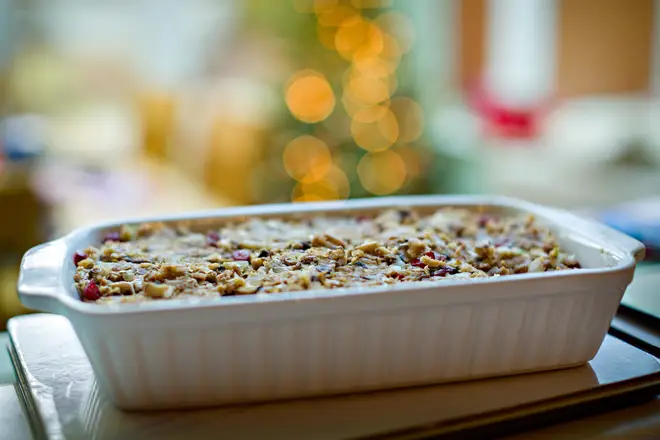
It’s also a great idea to get creative with leftovers to cut waste. Lifetime Packaging suggests making “crowd pleasers like turkey curry, bubble and squeak with roast veggies, gammon mac ‘n’ cheese and Christmas pud sundaes.”
Choose long lasting and eco-friendly gifts
When it comes to Christmas shopping, choosing gifts locally could be a good start.
As well as reducing your carbon footprint, supporting small businesses also helps boost a strong, sustainable local economy.
Picking your gift wisely could also have a wider impact, as Emilie Vanpoperinghe and Deepak Ravindran, founders of Oddbox, state: “Gift something that can help reduce waste all year around: water-bottles, containers, a composting course for example.”
Or if you have time, you could even try making gifts yourself.
Lifetime Packaging point out that edible gifts are becoming increasingly popular, with homemade jams and chutneys, truffles and biscuits going down a treat.
